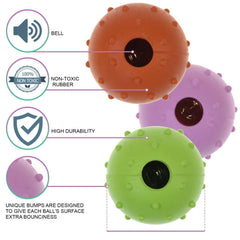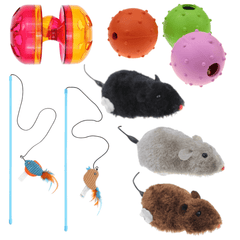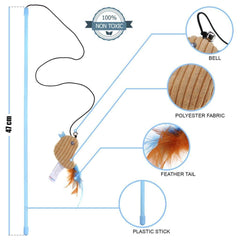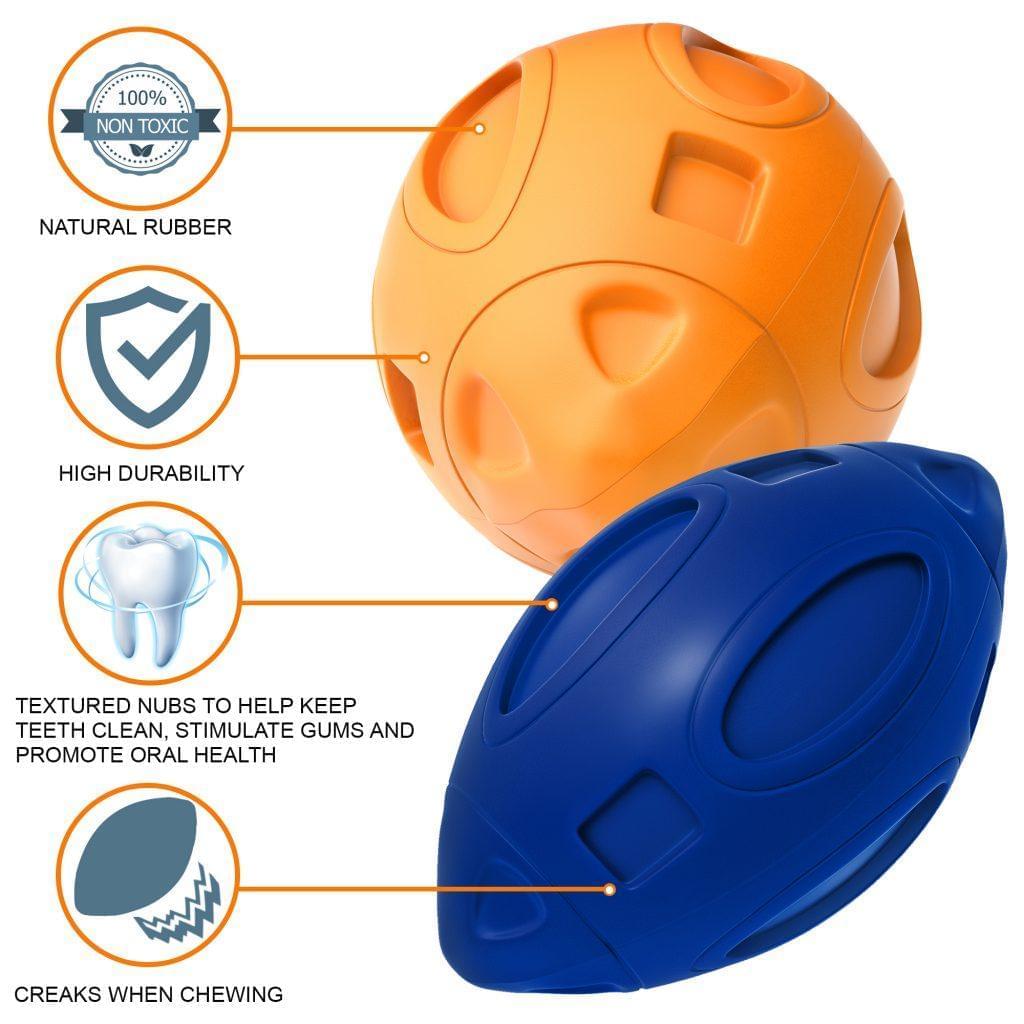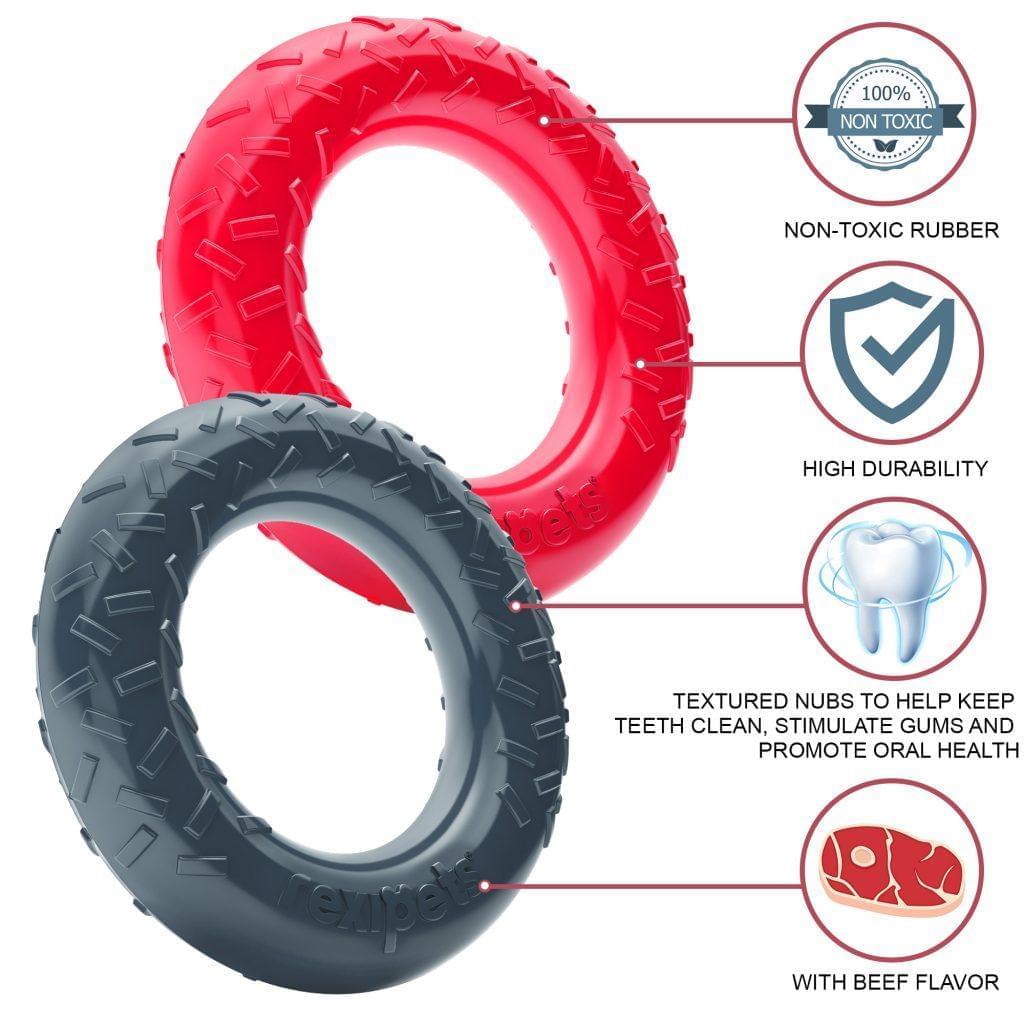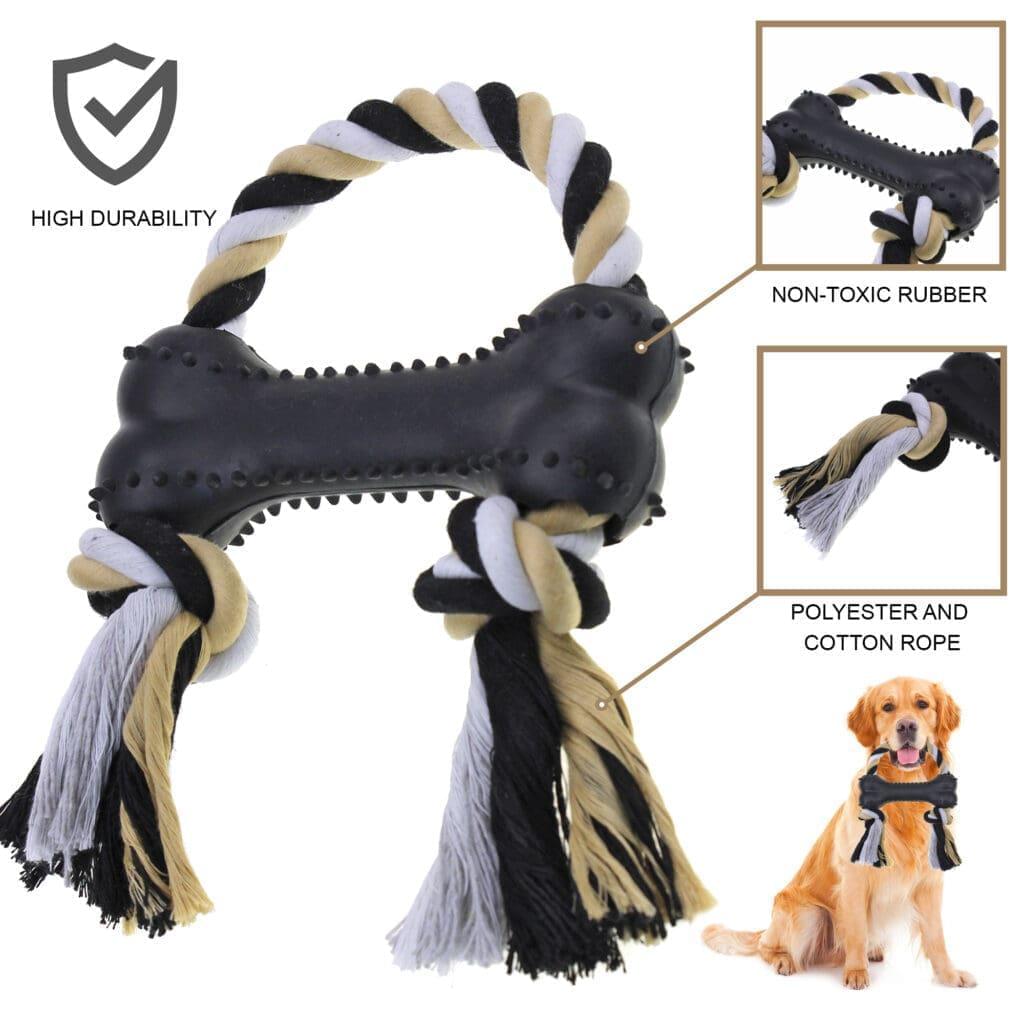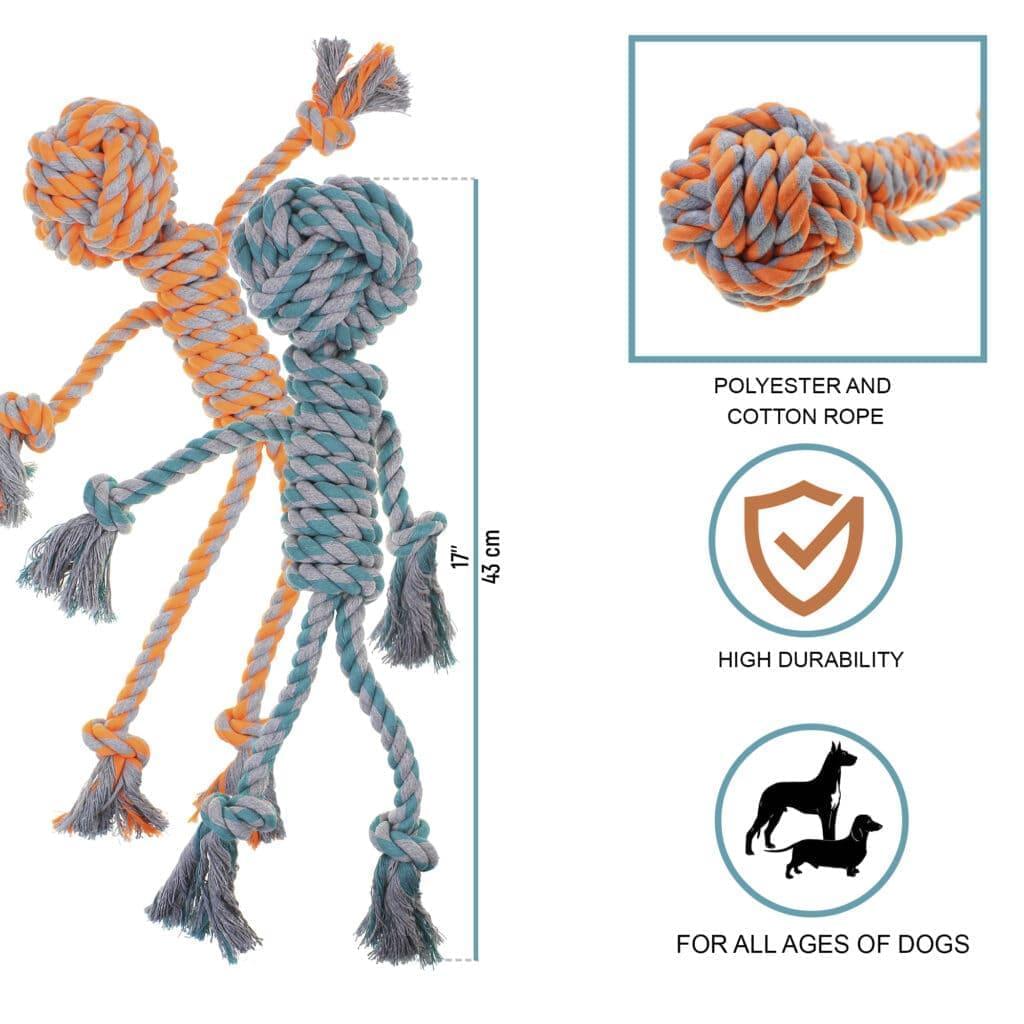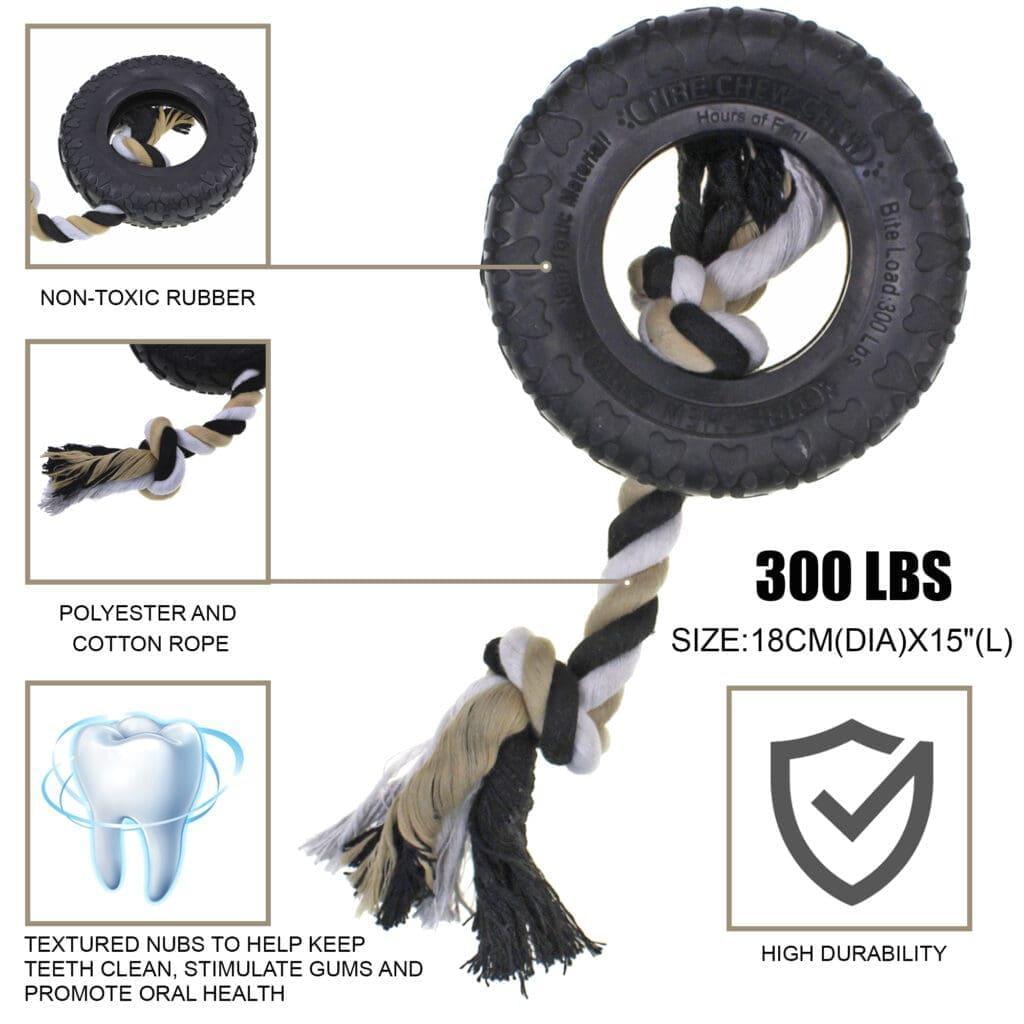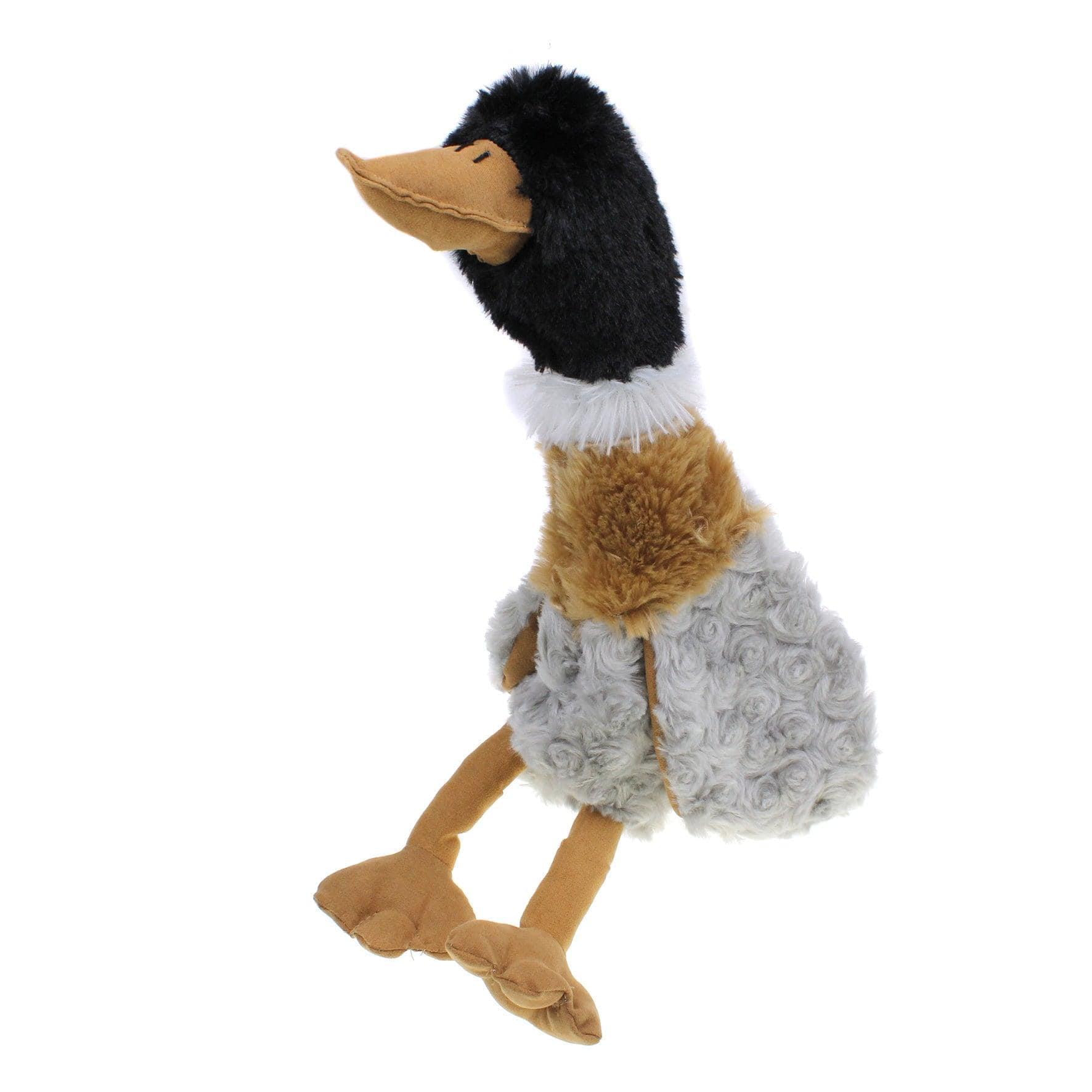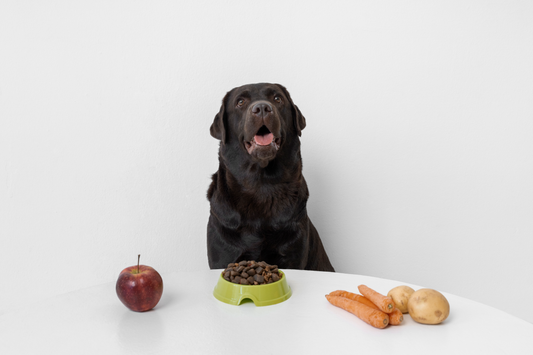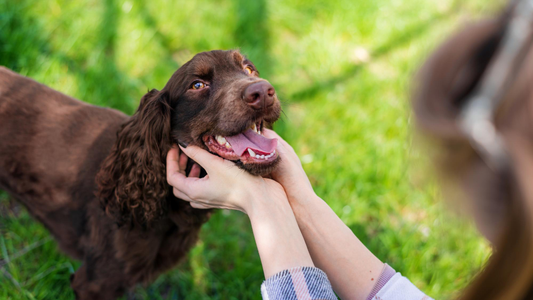
If your dog seems a bit scared or shy in certain situations, don't worry – it happens to many dogs. They might bark loudly, freeze up, or show subtle signs that they're not feeling confident. Understanding these signs is important so you can help your furry friend feel better.
This article will guide you on how to boost your dog's confidence. It's like giving them a little pep talk so they feel brave in different situations. We'll talk about how to recognize when your dog is feeling nervous and share easy tips to make them feel more secure.
By paying attention to their feelings, you can help your dog gain confidence and become happier. So, without further delay, let's look into tips you can use to help build confidence in your dog.
How Important Is It To Understand Your Dog?
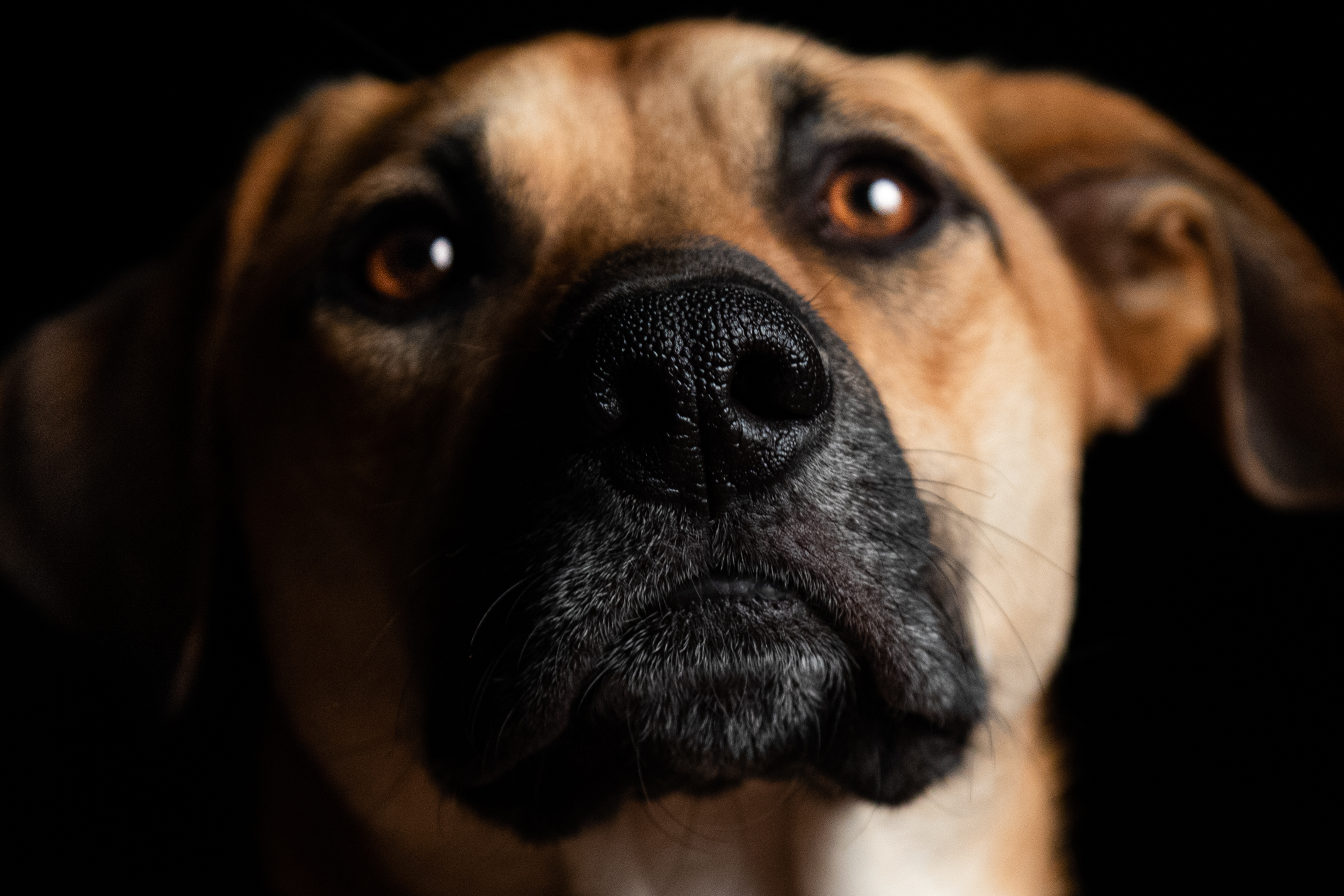
A dog's natural ability to express their feelings using their whole body, showing if they are relaxed or worried, can help us recognize them on a better level. Learning how your dog communicates helps you understand their emotions.
Spotting signs that your dog is stressed helps you avoid tricky situations and keeps everyone safe. Dogs stick to what works for them, so responding to their behavior and subtle body language is crucial.
For instance, if a dog turns their head and blinks to show they're unsure and needs space, and you help them, they're likely to do the same next time. But if you miss these signals, they might resort to more obvious signs like lunging and growling. If these actions help them, they'll probably repeat them in the future.
So, in short, it is extremely important to understand your dog through their body language. This will help you get a well-socialized dog.
Reasons Your Dog Might Have Low Confidence
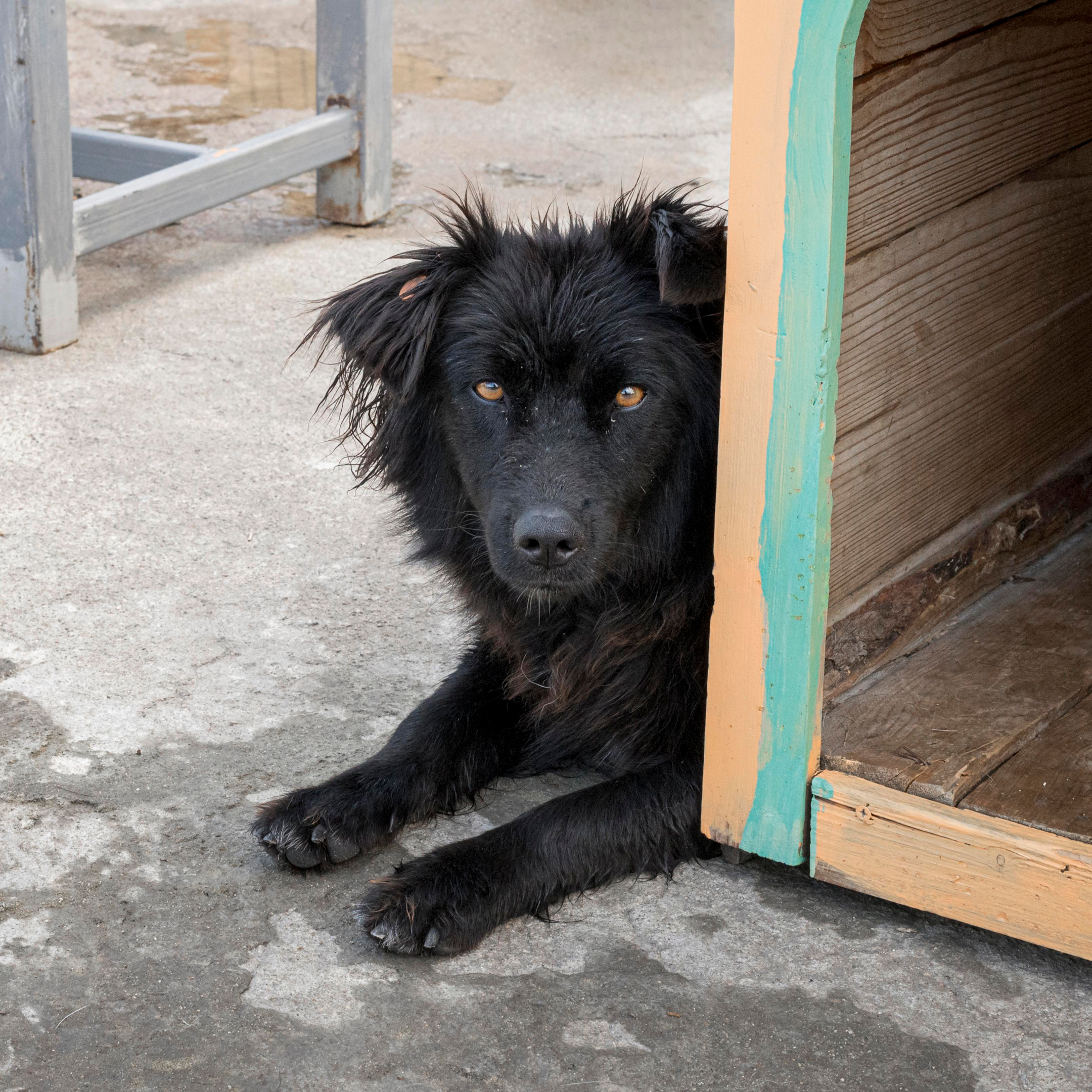
Some dogs are introverts – they take their sweet time before jumping in. They might prefer to watch from the sidelines till then.
However, dogs with low confidence act differently from introverted dogs. They show it through their body language, like looking scared or nervous. They might back away, hide, shake, pant, or whine. Some might even bark a lot or act threatening.
Low confidence in dogs can happen for different reasons. Let's look at a few common ones.
-
Unethical breeding practices
Poor practices can lead to issues when it comes to breeding dogs. Puppies born to anxious or stressed mothers, especially those in stressful environments, are likely to inherit these traits and struggle with confidence.
Additionally, how the puppies are raised with their mothers matters a lot. If the mother feels loved and secure, the puppies are more likely to grow up feeling the same way.
-
No social exposure
It's really important for dogs to have positive encounters with different people, new dogs, and experiences from 3 to 14 weeks old.
During this time, they create a mental note of what life is like and what's considered normal. This gradual exposure helps them gain confidence, setting them on the right track to becoming confident adult dogs.
-
Trauma response
Some dogs have faced difficult or abusive situations in the past. Whether it happens during their early stages of development or as puppies, they may develop general fear and anxiety or specific fears in certain situations due to their bad experience. It is a completely normal emotional response.
-
Health issues
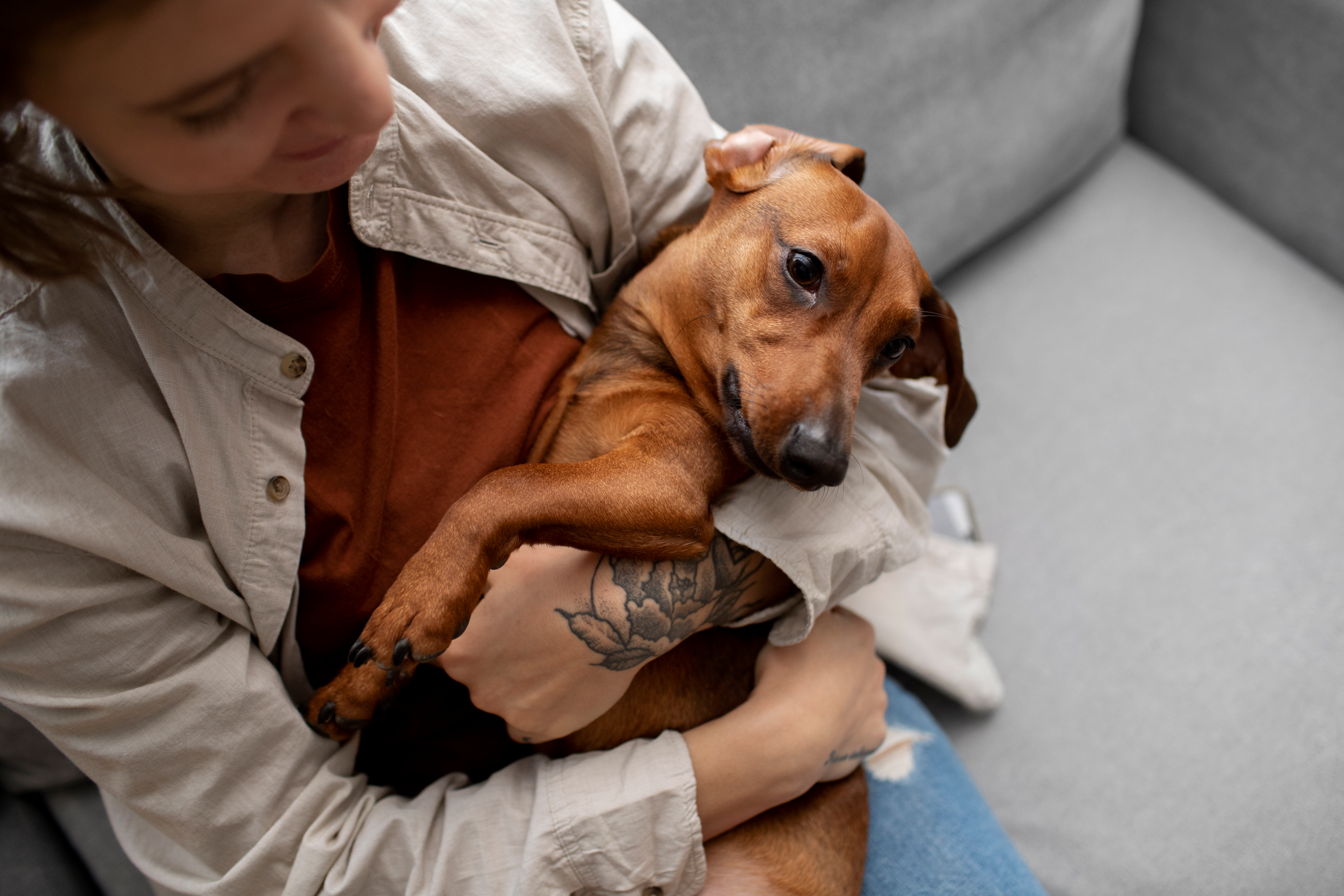
Health problems like pain from an illness or injury can affect a dog's personality and confidence. If you observe unexplained changes in your dog's behavior, it's crucial to consult a vet. Sudden shifts in behavior are often caused by underlying health issues.
-
Genetic predisposition
A dog's personality is significantly influenced by genetics. The breed's original purpose and the conditions in which they were meant to exist really dictate their behavior. It's important to consider these factors when assessing whether it's realistic to expect them to adapt to a completely different environment.
How To Build Dogs' Confidence?
Here are some ways you can contribute to building your dog's confidence, ensuring they lead a joyful and healthy life.
-
Build a secure environment
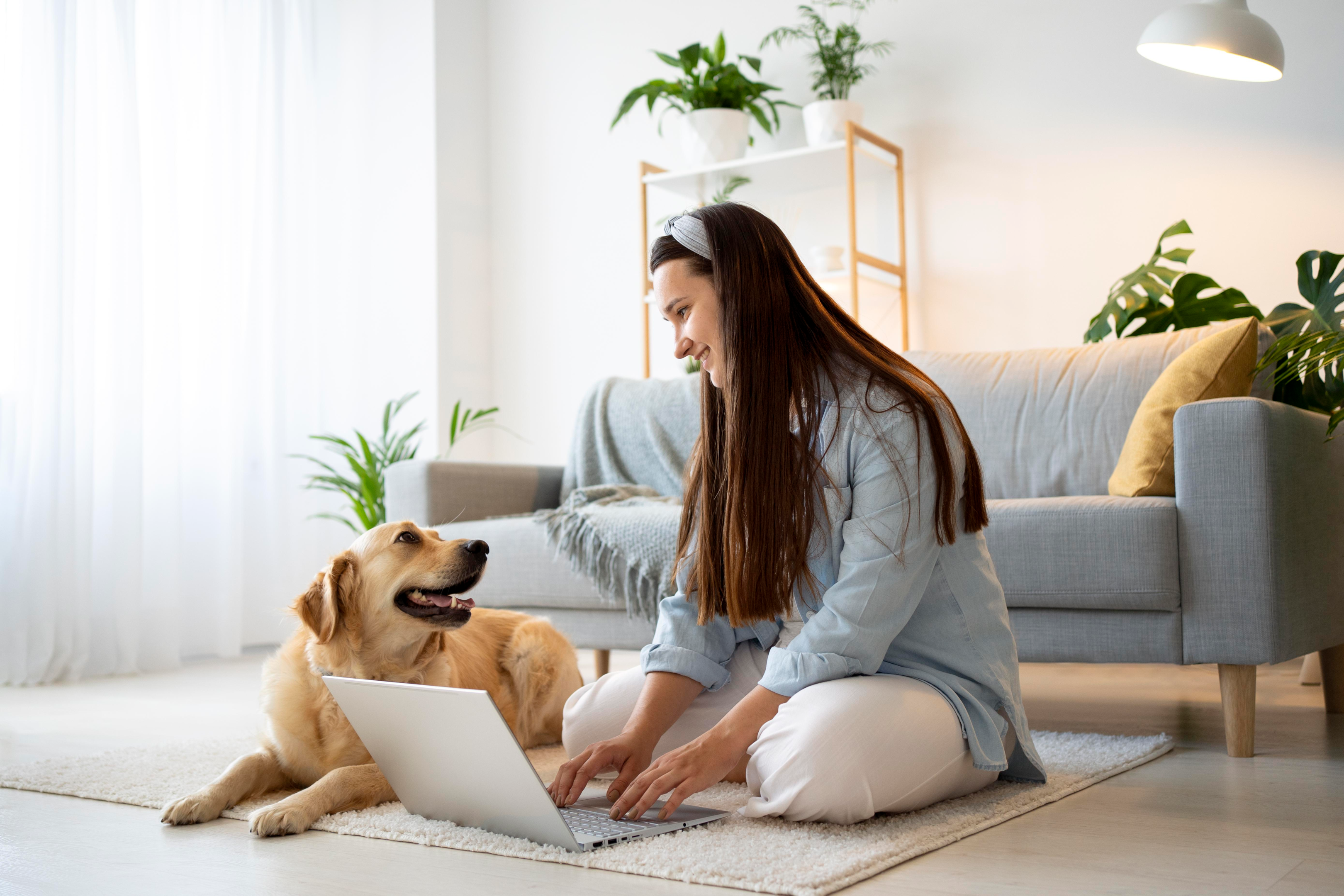
When you bring your puppy or dog home, make sure they feel safe and know they can trust you. It's important for them to look to you for guidance in different situations.
Build a good connection with your dog by spending time with them, playing with them, rewarding good behavior, and keeping them away from scary things. Never do things that hurt or scare them. Teach them important things in a caring way.
Moreover, don't put them in situations that make them scared or worried. Stand up for your dog if others, whether people or dogs are overstepping their boundaries with your dog.
Basically, just act like a caring parent to create a happy and secure relationship with your furry friend to help them feel secure.
-
Positive reinforcement
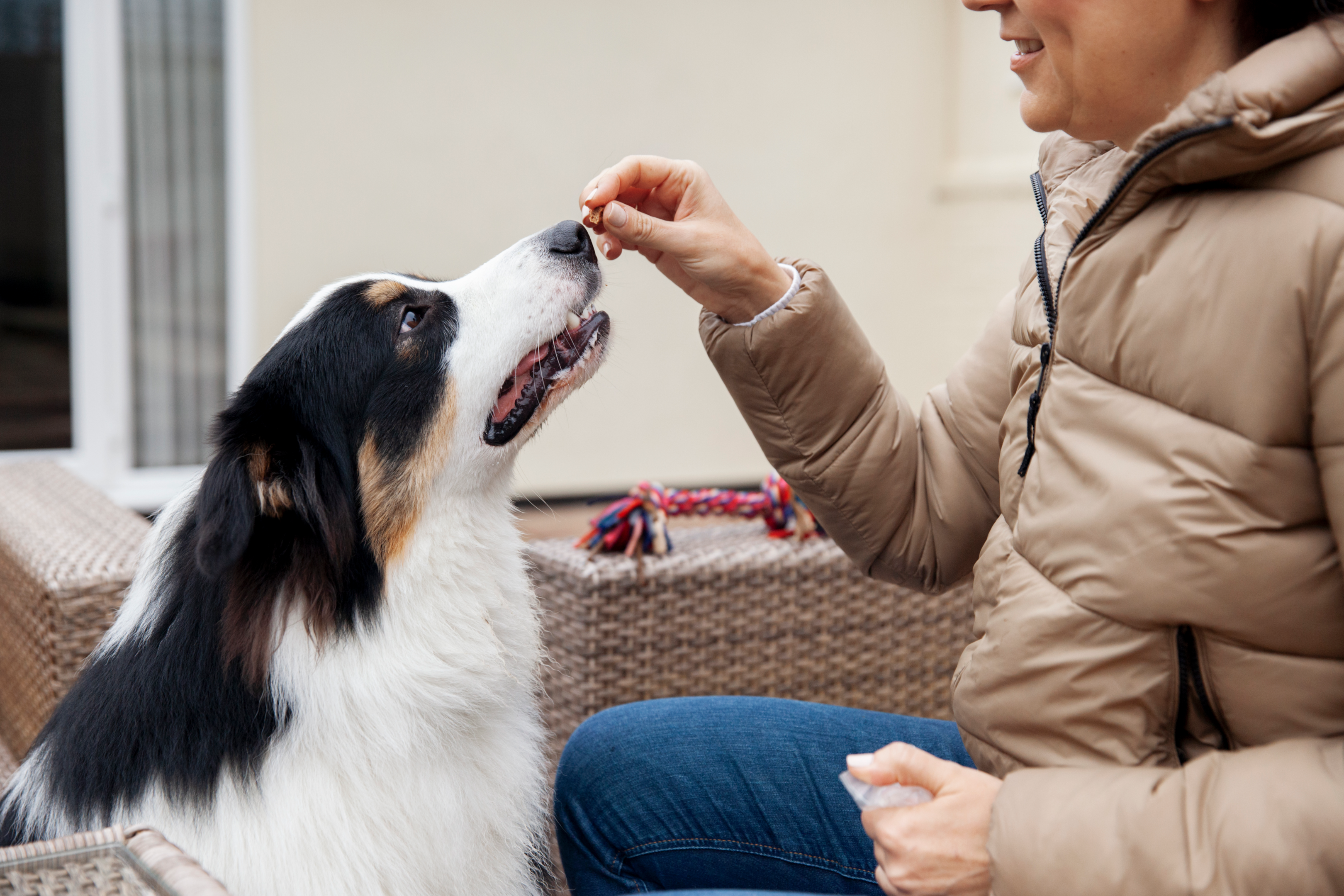
A way to train dogs is called counter-conditioning. Counter-conditioning involves exposing your dog to scary situations in a way they can handle, followed by giving them a delicious treat they really love but don't get often.
The tolerable level of exposure varies for each dog and depends on the specific issue. For instance, if your dog doesn't like having their feet touched, start by keeping your hand on the floor at a safe distance from their feet. Give them a treat as a reward, then slowly move your hand closer.
Keep giving treats each time you get closer until you can touch their feet. The goal is to change their negative feelings about a certain thing, like having their feet touched, into a positive experience.
It's important to pay attention to your dog's reactions and adjust the training based on their comfort level. With time and patience, this counter-conditioning can transform a fearful dog into a more confident one, thus helping your dog build confidence in itself.
Moreover, giving basic commands to your dog, teaching them new skills, and then rewarding them with yummy treats also helps in building their confidence. But make sure to avoid using punishment or harsh methods, as they have the opposite effect.
-
Socialization
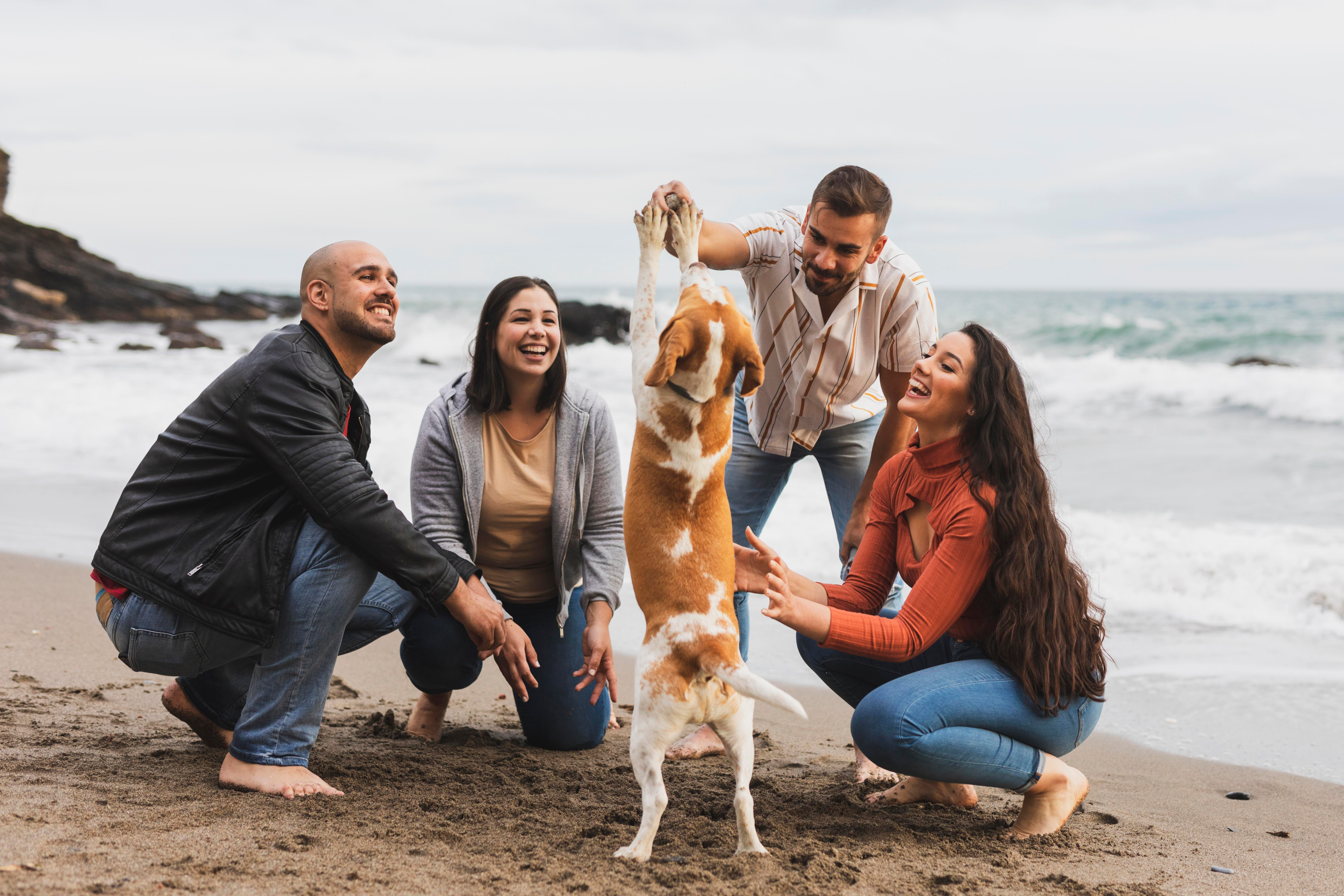
People often misunderstand what socialization really means for dogs. Running around in a chaotic dog park or daycare can lead to behavioral issues.
Instead, take your puppy or dog to different places where they can see people, other dogs, and other things. The goal is for them to be happy in these new situations, get used to new things, and be able to focus on you despite everything else rather than ignoring you and running off. The more places you expose them to, the better.
While they need dog friends, it's crucial to find a puppy class with a mix of training and good playing opportunities. Joining friends and family for walks or spending time with friendly adult dogs can also boost your dog's confidence.
-
Nose work and puzzles
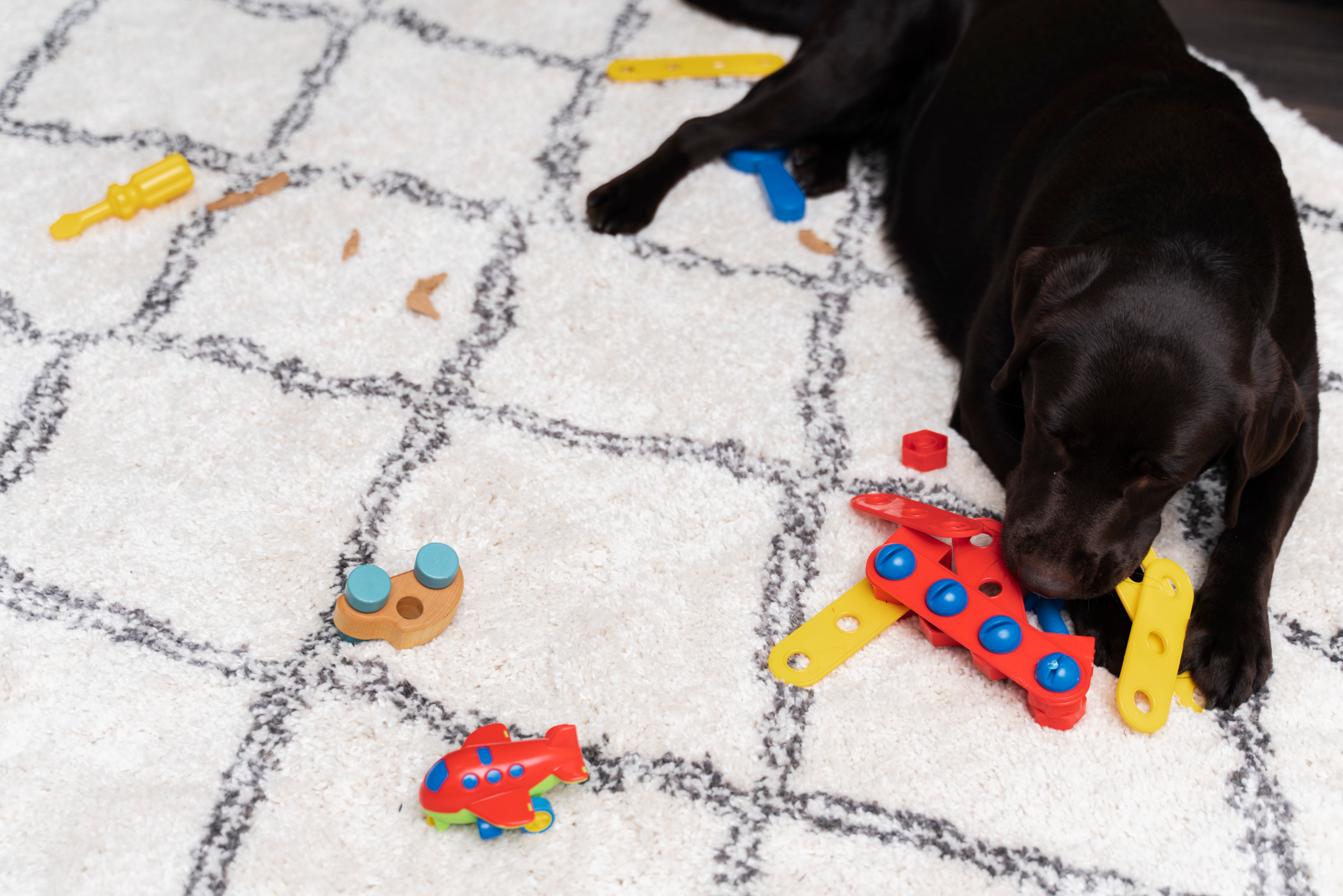
To boost your dog's confidence, you can do activities like nose work and food puzzles or play games like fetch. Try using fetch toys for dogs.
All these challenges and playing techniques help improve their problem-solving skills and give them a sense of accomplishment.
If you notice your dog's confidence decreasing or if they become more reactive, it's a good idea to consult with a certified dog behaviorist for advice.
It is important to remember that building your dog's confidence is more about how you interact with them in daily life than about specific exercises. Developing a strong relationship takes time and patience, but the result will be a more comfortable, secure dog – the loyal canine friend you've always wanted.
Signs Of A Confident Dog
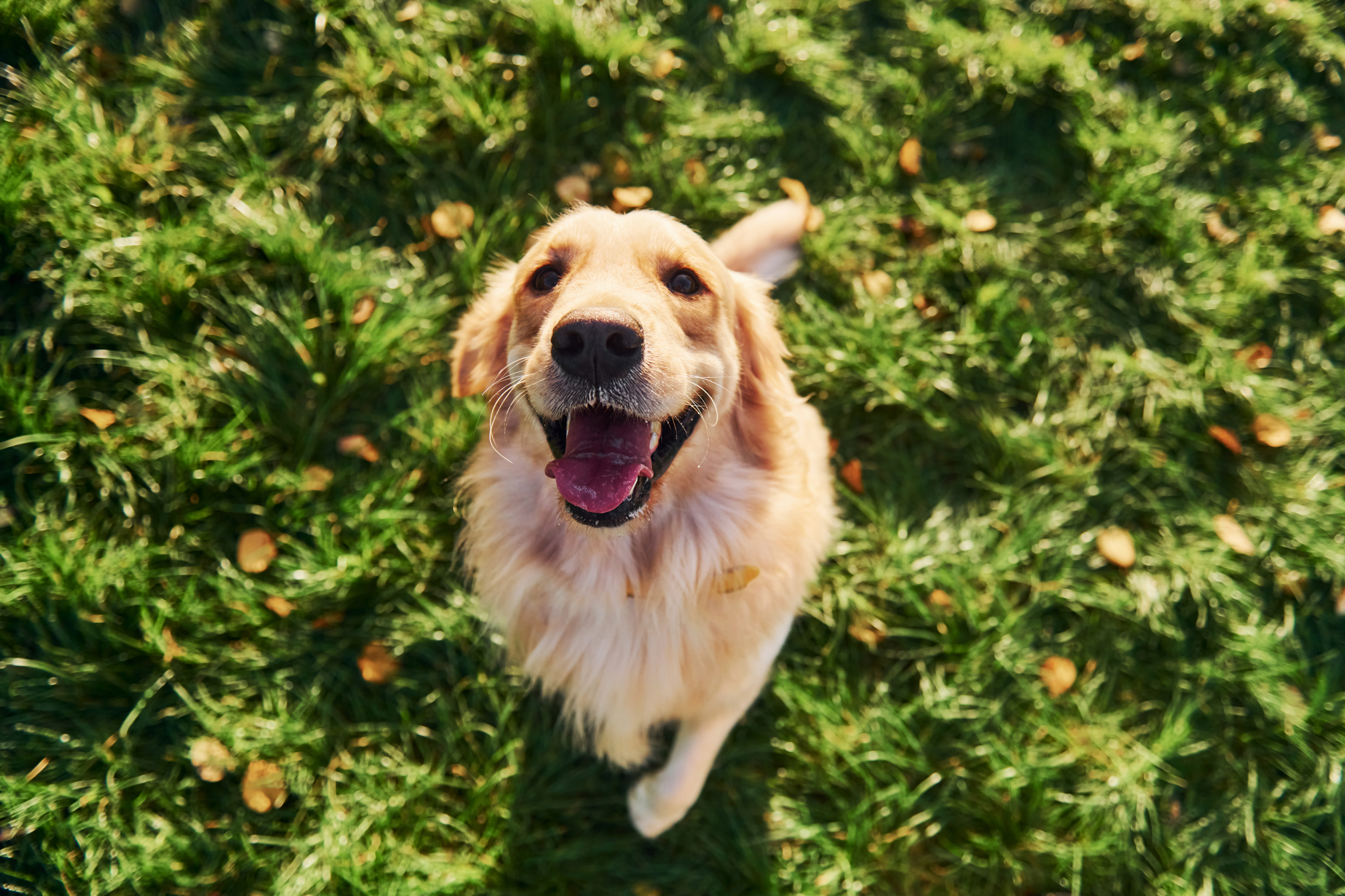
Now that you have insights on all the confidence-building exercises, let's explore some signs that suggest your furry companion is feeling more secure and comfortable.
Firstly, observe their gaze. A direct and gentle gaze can point towards a sense of calmness and confidence. Playfulness is another positive sign. If your dog engages in playful behavior, it indicates a lighthearted and secure mindset.
An increased focus on you and attentiveness demonstrates a strong bond and confidence in you.
Willingness to try new things, or at least a lack of fear, is a significant sign of confidence. A dog comfortable with exploring is likely to feel more secure.
Observing your dog's behavior around other people and dogs is crucial. If they are comfortable in social situations, it's a positive sign of growing confidence and sociability.
Moreover, basic obedience, which is basically the ability to listen and respond to your commands in various situations, is a key sign of trust and confidence. It shows that your dog views you as a reliable source of guidance and security.
In different settings, the expression on their face speaks volumes. A joyful and content expression points towards a happy and confident dog. A relaxed body posture and tail also tell that your dog is comfortable in the environment.
However, it's important to note that dogs, based on their breed or personality, may show unique body language. While these examples offer general insights, it's crucial to understand and appreciate the individuality of your dog's communication and behavior.
Final Words!
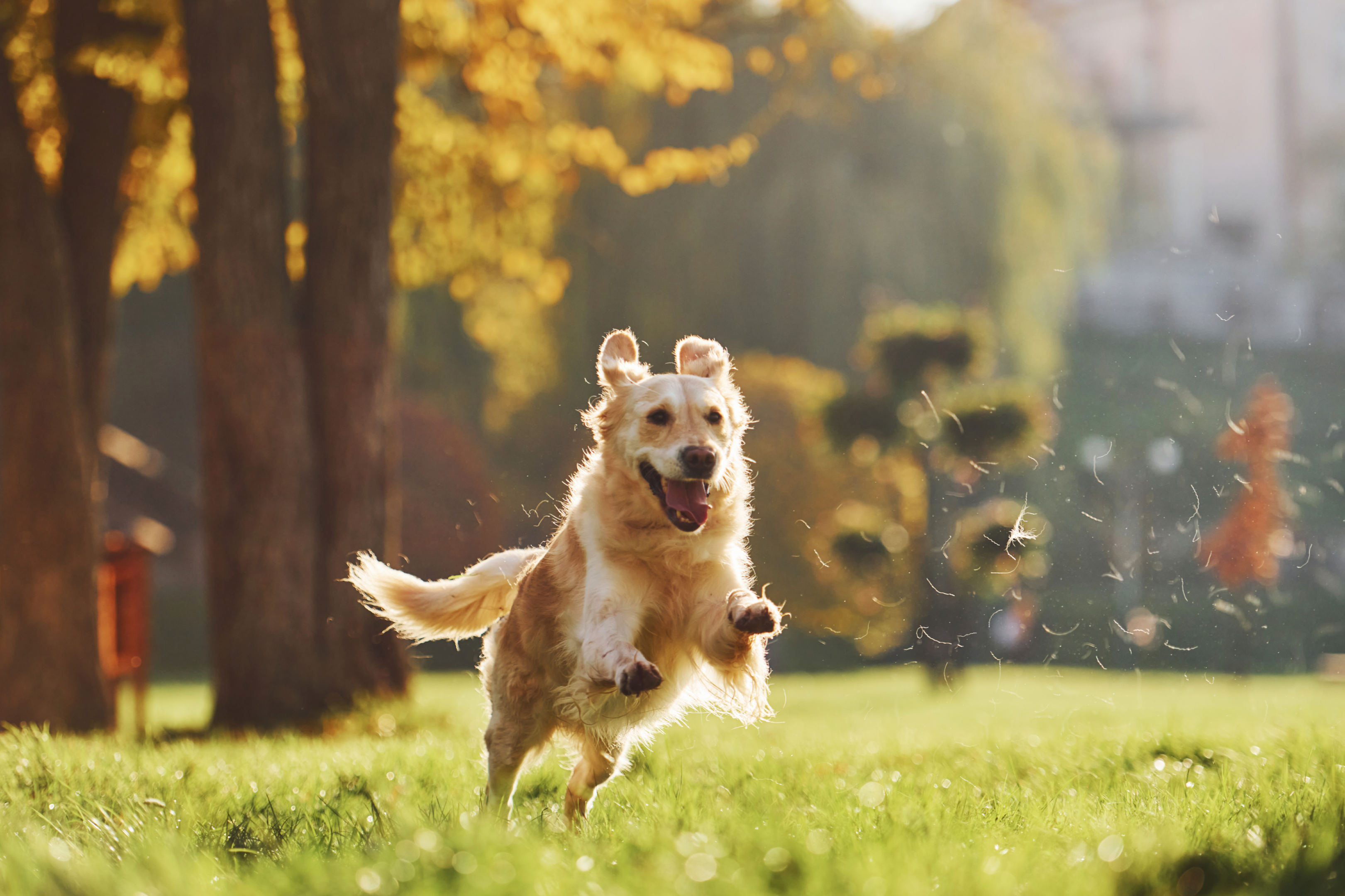
Boosting your dog's confidence is like giving them the support they need from you as a dog parent. It means understanding what makes them a bit nervous and finding ways to make them feel braver and happier.
Doing fun stuff together, using positive methods to teach them new things, and being patient are all part of the journey.
It might take a little time, but the result is a stronger, more joyful connection between you and your furry friend. So, take it one step at a time and enjoy the journey of building confidence with your four-legged friend.
FAQs
How can I tell if my dog lacks confidence?
Signs of low confidence in dogs include avoiding eye contact, excessive barking, and reactive behavior. Moreover, if your dog's afraid of different things, it points towards a lack of confidence. Understanding your dog's behavior is essential in recognizing signs of insecurity.
What should I do if my dog's confidence does not improve despite my efforts?
If your dog's confidence does not improve, it's advisable to talk with a vet to rule out underlying health issues.
Additionally, seeking guidance from a professional behaviorist can provide specialized assistance based on your dog's unique needs.
How long does it take to build confidence in a dog?
The timeframe varies for each dog; it can't happen overnight, but it can take somewhere between a few weeks and months. Consistency, patience, and positive reinforcement are key. Some dogs may show improvement quickly, while others may require more time and gradual progress.
